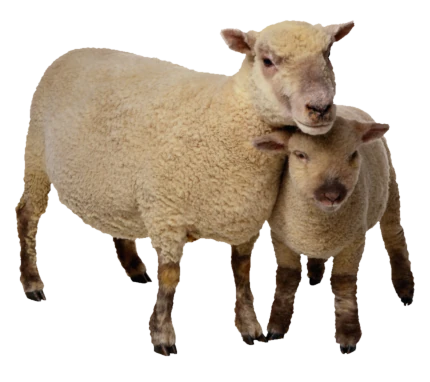Azumi Yamanaka’s Instagram account is full of colorful, stylish photos of the self-branded vegan director. She says she wants to project an image that runs counter to what many Japanese people believe a sustainable lifestyle to be.
An independent “vegan director,” Azumi Yamanaka, 42, consults with organizations on how to operate in accordance with vegan choices. Having lived as a vegan for 15 years, she recognizes the challenges veganism faces in Japan and is working to promote a fairer and more sustainable animal-friendly nation.
1. Why did you become vegan? The primary reason is that I really love animals, and I don’t want to harm them. Personally, I don’t understand the difference between human life and animal life — even bugs.
2. How long have you been a vegan? I’ve been vegan for 15 years, but even before that I was brought up as a vegetarian by my mother. Choosing to become fully vegan just really allowed me to close the gap between my values and actions.
3. Is it difficult to live as a vegan in Tokyo? It can be, yes. Although Tokyo is the most vegan-friendly city in Japan, it can still be challenging because of mindsets. Many people in Japan don’t want to embrace change, so the vegan community remains a minority.
4. So it would be even harder to live this way in other areas in Japan? I think so. There are even fewer options in supermarkets and restaurants. Travel can be difficult in local areas, too. In fact, during the pandemic I tried to travel Japan, but a lot of traditional Japanese inns said they couldn’t cater to me as a vegan.
5. Why do you think this is? A lot of the problem here is a lack of flexibility and willingness to adapt. People in rural areas are generally a bit more conservative, too. However, I have vegan friends living in rural areas, and I know that they are able to live this way because of access to vegan products online.
6. As a vegan activist, what achievements are you most proud of? I’m most proud of a Change.org campaign I worked on to abolish the use of fur at the retailer Shimamura. It took three years and a lot of hard work, but I’m so pleased that it was eventually a success, they’ve now stopped using fur. >>MORE

